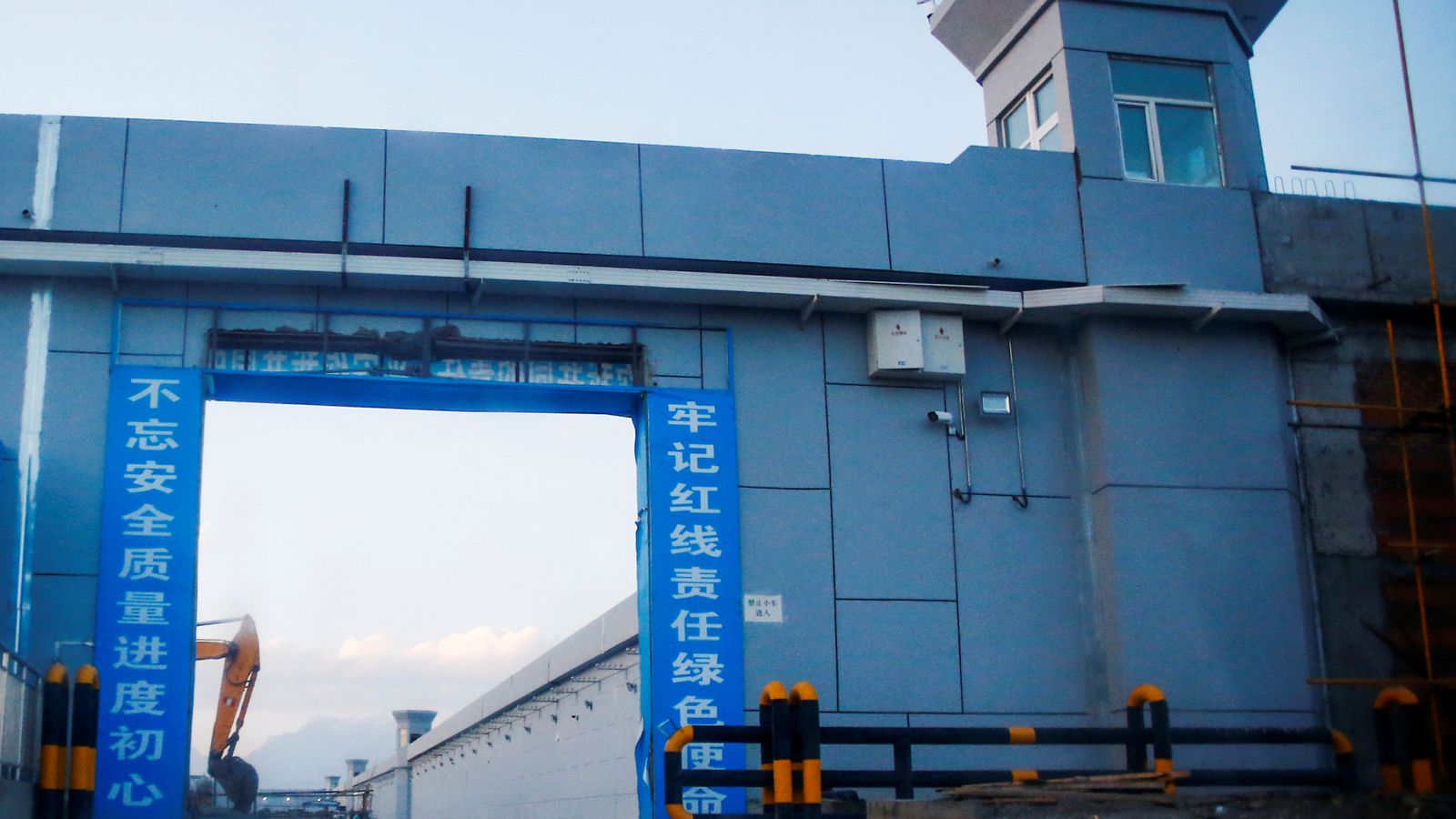Companies in the UK “still cannot guarantee that their supply chains are free from forced labour” from the Uighur people in Xinjiang in China, a House of Commons select committee has warned.
The Business, Energy and Industrial Strategy Committee also called on the government to impose sanctions on Chinese officials implicated in human rights abuses in Xinjiang.
The committee’s report, Uighur Forced Labour In Xinjiang And UK Value Chains, investigated the extent to which products sold in the UK can be traced back to forced labour camps in the region.
China has repeatedly denied there is forced labour in Xinjiang, calling such accusations “fabrications”.
All of the companies that responded to the committee said that they did not source products directly from factories or suppliers based there.
Several had outlined the steps they had taken to better understand their supply chains.
But no company could guarantee that raw cotton used in their products did not at least partly originate from Xinjiang.
“Given that evidence of serious human rights abuses in Xinjiang has been widely reported over many years, we are appalled that companies still cannot guarantee that their supply chains are free from forced labour,” the committee said.
The committee called on the government to examine creating a whitelist of companies that have taken steps to ensure their supply chains do not use forced labour from Xinjiang and a blacklist of companies that have not provided similar assurances.
It also said the government should consider sanctions on individuals in China.
“We are disappointed that Magnitsky sanctions have not yet been imposed on Chinese officials implicated in human rights abuses in Xinjiang.
“Given that the US Government has imposed such targeted sanctions, we do not accept the argument that the UK government has insufficient evidence to impose new sanctions.”
Named after a Russian accountant who uncovered widespread corruption, Magnitsky sanctions are financial penalties that can be imposed on individuals believed to have committed human rights abuses. They were laid out in the sanctions Act in July 2020.
Sergei Magnitsky, refused to withdraw his accusations of corruption, was arrested and died of mistreatment in prison in 2009.
The report also looked beyond retail businesses, to technology and media companies including social media giant TikTok and Walt Disney.
The committee said it was deeply “concerned about the flow of information between TikTok UK, its parent company ByteDance Ltd and other subsidiary companies” subject to China’s National Intelligence Law, which requires companies to provide information to Chinese security services.
A TikTok spokesperson told Sky News: “As we made clear to the committee in both our written response and appearance, the TikTok app is not available in China, TikTok user data is held on secure servers in the US and Singapore and we have strict access controls in order.”
The committee also wrote to Disney about the production of its movie Mulan, which was filmed in Xinjiang, saying the company has “a responsibility to demonstrate that none of their actions supported oppression or undermined human rights during the production” of the film.
It said Disney had given a written response to the committee’s questions but had declined an invitation to give oral evidence and “engage meaningfully in our enquiry”.
A spokesperson for Walt Disney told Sky News: “We respect the role and views of the Select Committee and when approached by the Committee we provided relevant background and robust written testimony to them.”
